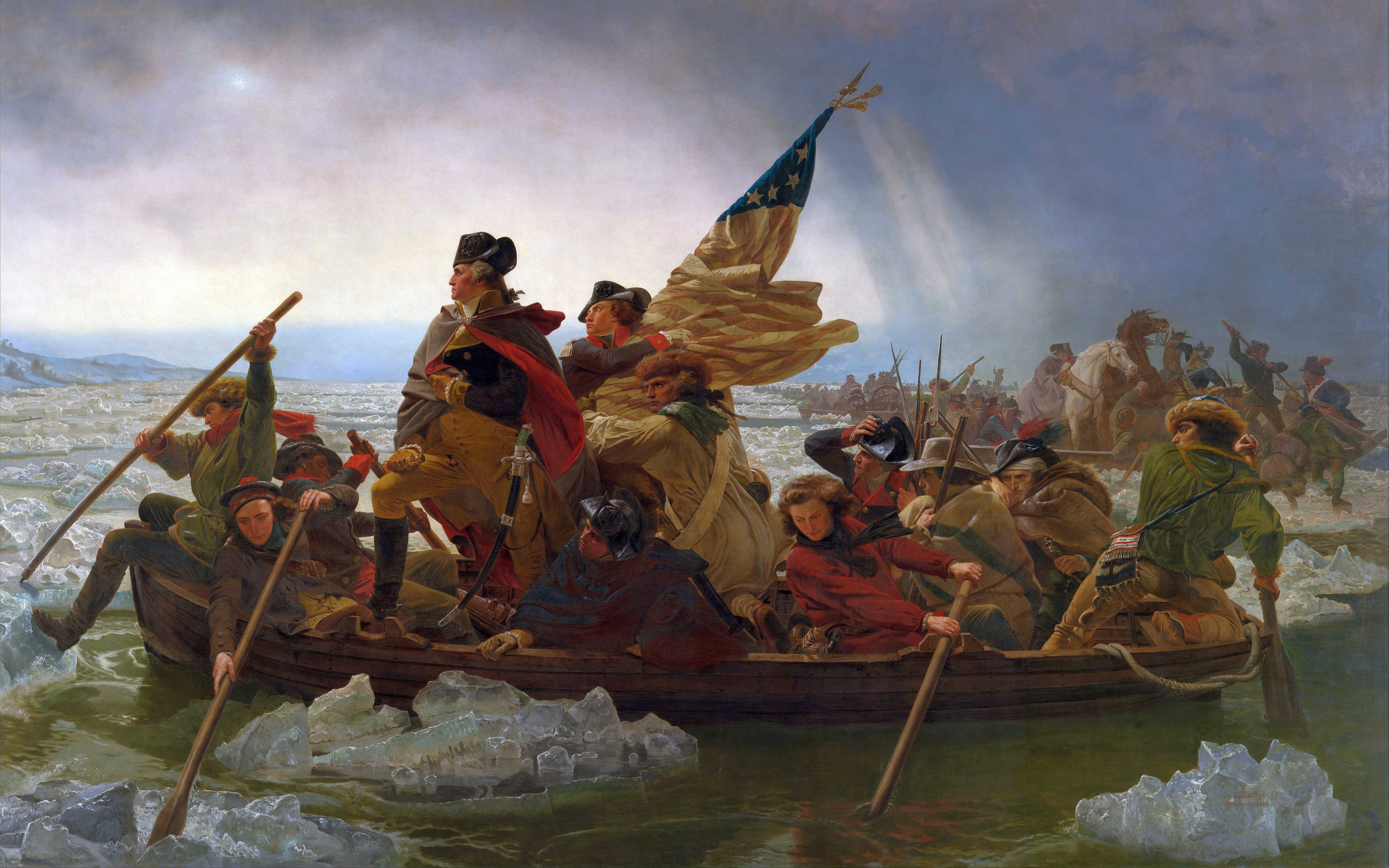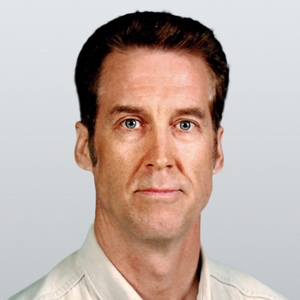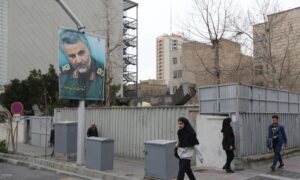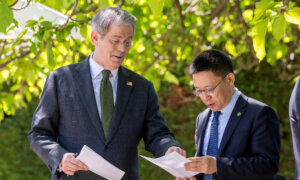Commentary
Many Americans picture George Washington (1732–1799) as an influential, serene founding father who rose above the fray of politics and had to be persuaded and prodded to be president.
However, considering deeper historical research, the narrative of Washington’s life has changed somewhat. In his book, “The Ascent of George Washington: The Hidden Political Genius of an American Icon,” historian John Ferling argues Washington was highly ambitious and competitive. Despite his limited formal education and modest upbringing, Washington learned how to educate himself through life experiences. The author points out that Washington also cultivated several key friendships from the time he was a surveyor right through his two-term presidency.
Although mapmaking and surveying were useful skills, Washington sought greater adventure. So, he enlisted in the Virginia Regiment in 1752 and rose quite rapidly in the ranks during the French and Indian War. His personal concept of military tactics often clashed with the directives of Virginia Gov. Robert Dinwiddie. However, in the short space of six years, Washington was leading part of the Regiment with the rank of Brigadier General.
Following his service in the Regiment, Washington returned home and began to develop and further his agricultural land holdings around Mount Vernon. He also married a wealthy widow, Martha Custis, and honed his legislative and political skills in the House of Burgesses. During the 1760s, Washington gradually became a strong and consistent voice for independence from England in response to the outrages committed by the British against the colonists.
When war with England appeared inevitable, John Adams recommended Washington to head up the Continental Army. Although Washington’s success on the battlefield was limited, he possessed courage and other leadership skills when engaged in combat. The Continental Congress approved his appointment, and in 1775, at the early age of 43, General Washington took command.
One of his major duties was the monumental task of rounding up several state militias and molding them into one army. He was assisted in this task by a German military trainer, Friedrich von Steuben, who helped to forge the Continental Army into a professional fighting force.
During Washington’s service (1775–1783), Congress was often frustrated by his indecisiveness and blunders in major battles when contrasted with the successes of Generals Gates, Greene, and Rochambeau. However, Washington wasn’t replaced, due to his overall leadership skills and the respect of those serving under him.
After several years of defeats and victories, the Army finally triumphed in 1783, and the British began a gradual withdrawal from the American colonies. Washington returned to Mount Vernon to explore wilderness areas, tend to his landholdings, and receive many visitors. He was often consulted by Congress and played a significant role as president of the 1787 Constitutional Convention. The new Constitution would replace the Articles of Confederation.
Although he never actively campaigned, Washington was unanimously elected to the presidency twice by the Electoral College and served as our first president (1789–1797). As a non-partisan, he warned against political parties because his goal was to unify the fledgling nation. In “George Washington’s Journey: The President Forges a New Nation,” historian T.H. Breen notes that Washington traveled to all thirteen states during the first two years of his presidency.
He went directly to the people to listen to their concerns in what were precursors to today’s town hall meetings. He was not always met with open arms, especially in the southern states, as many of the new Americans had a closer affiliation with their states than with a national government. However, many were impressed with his courage and humility as pressing local and national issues were discussed.
During his first few months in office, Washington set up a court system and appointed all the justices to the Supreme Court. He also crafted a borrowing and taxation system to finance the large debt incurred by the Revolutionary War. Moreover, he created the Attorney General position, the Departments of State and Treasury, and he labored to strengthen the Army and Navy.
If we strip away the myths about our first president, we find a flawed human being, but also an ambitious, self-disciplined man of action who possessed a splendid work ethic. Mr. Ferling notes that although Washington owned slaves, he privately disapproved of slavery, and stipulated in his will that all his slaves would be released following the death of his wife.
In his book, “George Washington on Leadership,” Richard Brookhiser notes that Washington wasn’t a great intellectual or speaker. However, he did have a gift for recognizing talent, learned from his mistakes, and harnessed the skills of others to achieve personal and national goals.
Today, we can speculate as to how Washington would react to expansive government in modern times, as well as America’s complex entanglement in foreign alliances. It’s likely that he’d be appalled with the colossal debt, global interventions, and the erosion of constitutional liberties.
George Washington possessed unique qualities, or else he never would have ascended to such rarified political heights. As the first president, he set the standard for his successors. He did strive mightily to unify the American people during the formative years of the republic. At Washington’s Mount Vernon funeral, Congressman Henry Lee eulogized him as “first in war, first in peace, and first in the hearts of his countrymen.”









